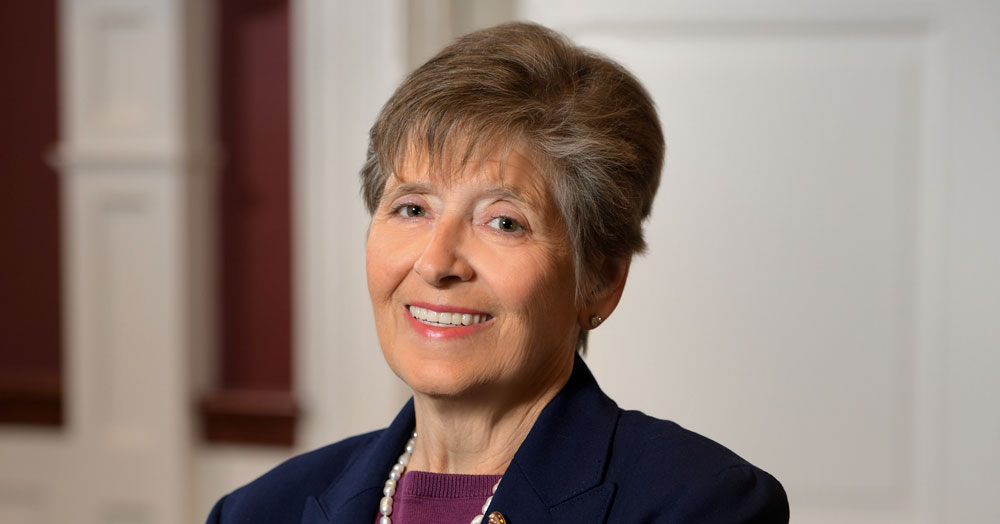An elderly man beaten with a brick on July 4th in Los Angeles is in critical condition. A German Shepherd is beaten and shot while protecting his young owner during a burglary. Then, there is the little girl born prematurely who needs tests, treatments, doctors and surgeries to survive. In each of these situations, the individuals received financial assistance by using the donation-based crowdfunding platform GoFundMe.
Crowdfunding isn't a new concept
In their paper, a Brief History of Crowdfunding, David M. Freedman and Matthew R. Nutting define crowdfunding as “a method of collecting many small contributions, by means of an online platform, to finance or capitalize a popular enterprise.” The internet has allowed crowdfunding to reach an unlimited number of potential donations, but crowdfunding is not new. One famous example of pre-internet crowdfunding was the fundraising campaign for the Statue of Liberty’s pedestal.
When the Statute of Liberty sailed from France in 1885, there was no pedestal for her. She remained in crates on Bedloe’s Island for over a year until Joseph Pulitzer, owner of “The World” opened up his newspaper’s editorial pages to support the effort. Similar to a GoFundMe page, Pulitzer proposed to print the name of every individual who donated to the construction of the pedestal on the front page of The World, no matter how small the amount. His idea worked. By the fall of 1885 over 120,000 people had donated over $100,000, enough funds to complete the project.
Income Tax Implications
It’s unlikely that an individual who sets up a crowdfunding page considers the income tax implications of their fundraising efforts. In fact, Section 61 of the IRS Code states that "gross income means all income from whatever source derived," unless a specific statutory exception exists. So, based on Section 61, the general rule is revenue raised from crowdfunding is includible in income unless specifically excluded elsewhere. However, a statutory exception does exist that may exclude crowdfunding revenue from an individual’s gross income. That exception arises under IRC 102(a), which is commonly known as the gift and bequest exclusion.
If a GoFundMe page is established correctly, the amounts raised may qualify for the gift and bequest exclusion under IRC 102(a). But when does a donation qualify as a gift rather than income under IRS Code Section & Regulations? The U.S. Supreme Court has defined a gift as given from " 'detached and disinterested generosity,' … 'out of affection, respect, admiration, charity, or like impulses,' " and not from " 'any moral or legal duty,' or from 'the incentive of anticipated benefit,'" or "in return for services rendered" (Duberstein, 363 U.S. 278, 285 (1960)). So, generous donors who make payments to GoFundMe pages should be giving based on a “detached and disinterested generosity” and should not receive any services or goods or “quid pro quo” for their donation.
Keep a paper trail
Remember the burden is upon the GoFundMe campaigner to prove the funds received qualify for the gift and bequest exclusion under IRC 102(a). Therefore, it is important to keep a paper trail and document everything in case the IRS comes knocking upon your door.
Essential steps in the paper trail include the following:
- Keep a list of the donors to the GoFundMe campaign; include their name, date of donation, and amount donated, and any contact information provided by GoFundMe.
- Clearly identify the recipient of the funds on the GoFundMe page.
- If the campaign is set up by someone other than the beneficiary, be sure to clearly indicate on the GOFUNDME page that the creator is acting on behalf of the beneficiary.
- Be sure the campaign website clearly states that donations or gifts are solicited. If possible and appropriate, the website should also state that donors will receive nothing in return for their donations.
- Print and keep a copy of the campaign website to show to the IRS. By the time the IRS issues a notice of deficiency, the campaign website may no longer be available and the taxpayer (whether an agent or a beneficiary) has no way of showing the IRS the information used to solicit donations.
- Keep documentation of all monetary transfers of the funds to the beneficiary or spent on behalf of the beneficiary. A clear paper trail or accounting should exist showing that the funds were spent as indicated on the website. Receipts, invoices and copies of checks should be maintained as well.
In the examples used above (the premature birth, the elderly man, and the German Shepherd), the funds raised are for necessities (i.e., medical treatment and care), and the donors did not receive any services or goods in return. Once donation based crowdfunding moves to patronage-oriented endeavors such as creative or artistic endeavors, where a backer receives something in exchange for their payment, or equity-based crowdfunding, where backers received equity for their payment, the funds donated no longer qualify for the IRC 102(a) gift and bequest exclusion. Instead, the crowdfunding campaign has clearly moved into the realm of generating revenue that is reportable income to the IRS.
If you have any questions about the legalities of crowdfunding, please contact us at main@highswartz.com or call (215) 345-8888. Or contact any of our estate attorneys in Bucks or Montgomery Counties. Our Wills, Trusts & Estates attorneys provide comprehensive legal services to assist in all of these matters.
The information above is general: we recommend that you consult an attorney regarding your specific circumstances. The content of this information is not meant to be considered as legal advice or a substitute for legal representation.

